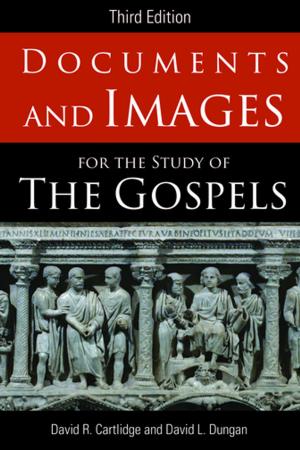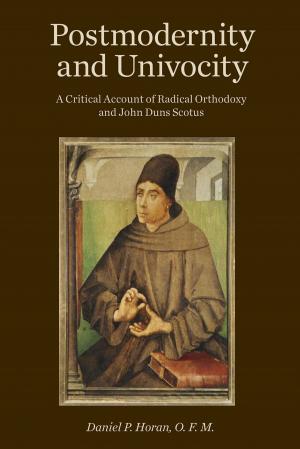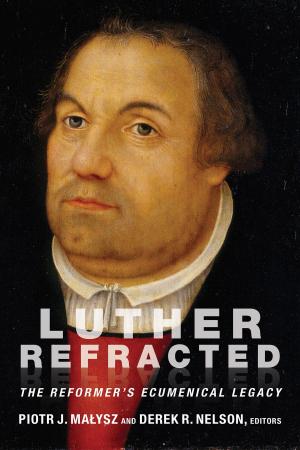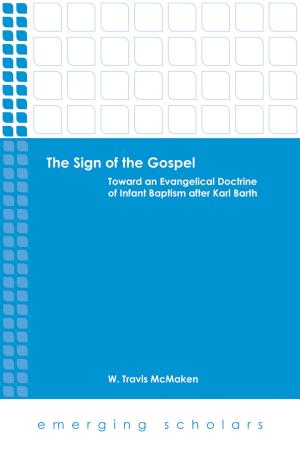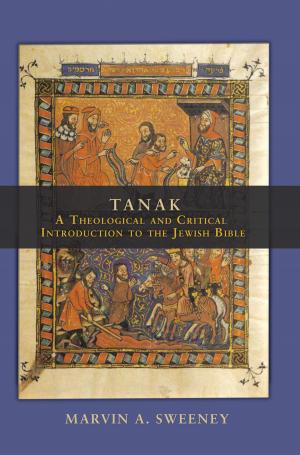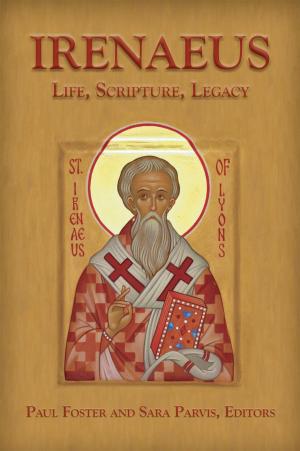Christ Is King
Paul's Royal Ideology
Nonfiction, Religion & Spirituality, Bible & Bible Studies, New Testament, Criticism & Interpretation| Author: | Joshua W. Jipp | ISBN: | 9781506402925 |
| Publisher: | Fortress Press | Publication: | December 1, 2015 |
| Imprint: | Fortress Press | Language: | English |
| Author: | Joshua W. Jipp |
| ISBN: | 9781506402925 |
| Publisher: | Fortress Press |
| Publication: | December 1, 2015 |
| Imprint: | Fortress Press |
| Language: | English |
Until recently, many scholars have read Paul’s use of the word Christos as more of a proper name (“Jesus Christ”) than a title, Jesus the Messiah. One result, Joshua W. Jipp argues, is that important aspects of Paul’s thinking about Jesus’ messiahship have gone unrecognized. Jipp argues that kingship discourse is an important source for Paul’s christological language: Paul uses royal language to present Christ as the good king. Jipp surveys Greco-Roman and Jewish depictions of the ideal king and argues for the influence of these traditions on several aspects of Paul’s thought: king and law; hymning to the king; the just and faithful king; the royal roots of Paul’s language of participation “in Christ”; and the enthroned king. Jipp finds that Paul’s use of royal tropes is indeed significant. Christos is a royal honorific within Paul’s letters, and Paul is another witness to ancient discussions of monarchy and ideal kingship. In the process, Jipp offers new and noteworthy solutions to outstanding questions concerning Christ and the law, the pistis Christou debate, and Paul’s participatory language.
Until recently, many scholars have read Paul’s use of the word Christos as more of a proper name (“Jesus Christ”) than a title, Jesus the Messiah. One result, Joshua W. Jipp argues, is that important aspects of Paul’s thinking about Jesus’ messiahship have gone unrecognized. Jipp argues that kingship discourse is an important source for Paul’s christological language: Paul uses royal language to present Christ as the good king. Jipp surveys Greco-Roman and Jewish depictions of the ideal king and argues for the influence of these traditions on several aspects of Paul’s thought: king and law; hymning to the king; the just and faithful king; the royal roots of Paul’s language of participation “in Christ”; and the enthroned king. Jipp finds that Paul’s use of royal tropes is indeed significant. Christos is a royal honorific within Paul’s letters, and Paul is another witness to ancient discussions of monarchy and ideal kingship. In the process, Jipp offers new and noteworthy solutions to outstanding questions concerning Christ and the law, the pistis Christou debate, and Paul’s participatory language.






